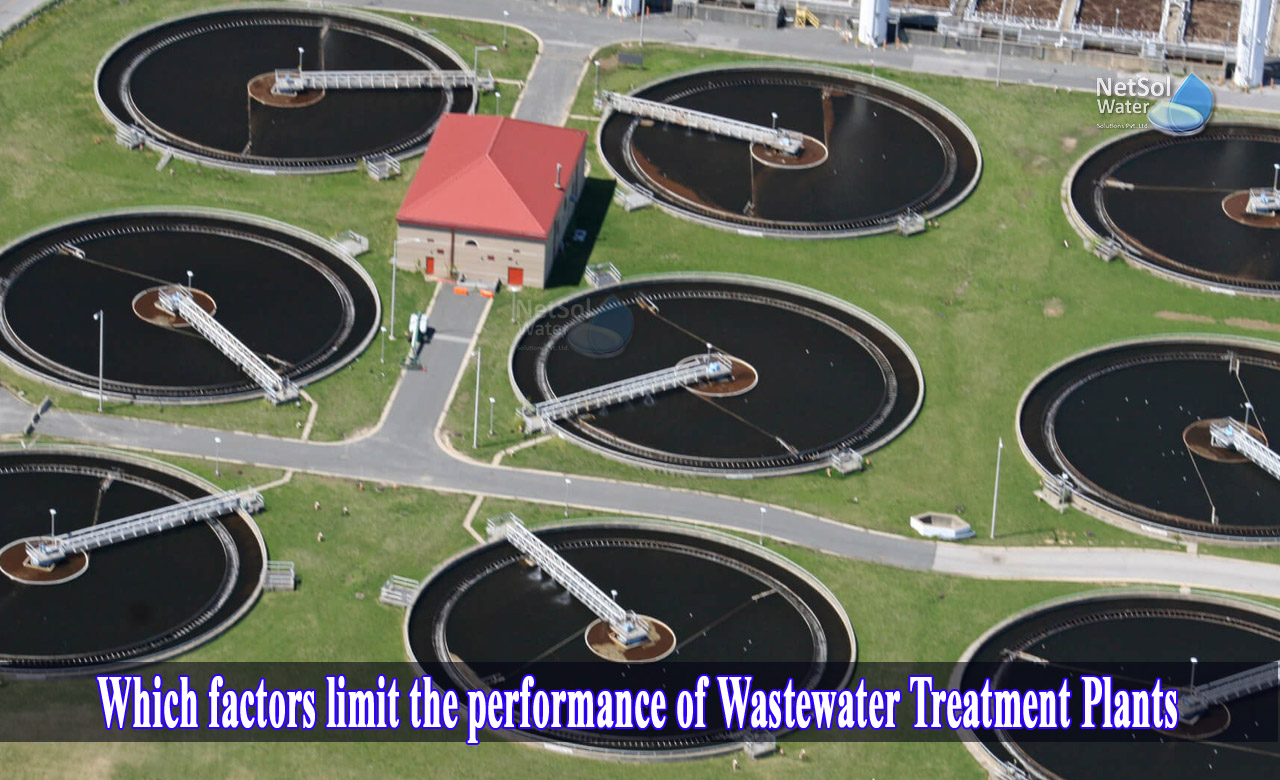What is a wastewater treatment system?
wastewater treatment system is a collection of technologies that work together to meet your specific wastewater treatment requirements. It is rarely a static process, and a system that is designed to accommodate changes in treatment needs will go a long way towards avoiding costly replacements and upgrades down the road.
Which factors limit the performance of WWTP?
A well-designed a?nd efficient wastewater treatment system should be capable of handling:
1: Variations in contamination and flow in the process,
2: Probable changes in water effluent requirements due to changes in water chemistry needs and necessary chemical quantities,
3: Source Water Quality;
4: Reliability;
5: Process Flexibility;
6: Utility Capabilities;
7: Costs.
Every wastewater treatment system has a bottleneck that restricts the amount of wastewater that can be treated. Many systems can operate above their design capacity in the short term. However, you will ultimately run into issues with operations control.
You can now add more oxygen, employ polymers to boost floc density and settling speeds, and absorb excess organics with activated carbon or chemical oxidation. The most prevalent factors are as follows:
1: Issues in Secondary Clarifiers-Hydraulic overloading is a well-known issue. However, solids flow rates are also a limiting aspect to consider. The bed depth control may be lost if solids do not settle and compact, and the clarifier will not work effectively. This is why we regularly inspect pumps, rakes, and weirs for wear and tear.
2: Issues of variation inDissolved Oxygen-Another common issue is oxygen transport. The oxygen transfer efficiency of fine bubble diffusers can be insufficient for preserving oxygen residuals in the floc as they foul.
3: Issues in Mixing-This is a bigger issue in lagoon-based systems. Short-circuiting and failure to keep MLSS suspended in the water column can arise from improper mixing.
4: Issues in Solid waste management-The amount of waste produced can be limited by digester capacity, press or centrifuge performance, or other solids handling issues. When there is the issue of wastes, the system frequently has "ancient sludge" and the fines/turbidity associated with deflocculation.
5: Issues in the initial treatment-Primary clarifiers, oil water separators, DAF units, and even EQ tanks in need of sludge removal can all be a part of wastewater treatment plants. Solids, oils, or high COD waste have the ability to enter the biological unit in any situation.
Netsol Water provides a complete variety of standard and fully configurable wastewater treatment systems, as well as their comprehensive maintenance. Choosing a trained, accredited, and experienced wastewater system specialist will considerably boost your chances of long-term satisfaction with your overall system.
We have over 10 years of experience custom-designing and manufacturing wastewater treatment plants. You can schedule a conversation with our engineer or obtain an estimate by visiting our website. We can guide you through the process of determining the best solution and a reasonable price for your wastewater treatment system requirements.To begin the conversation, please contact us at +919650608473 or send an email to enquiry@netsolwater.com for further information or product purchase related query.



